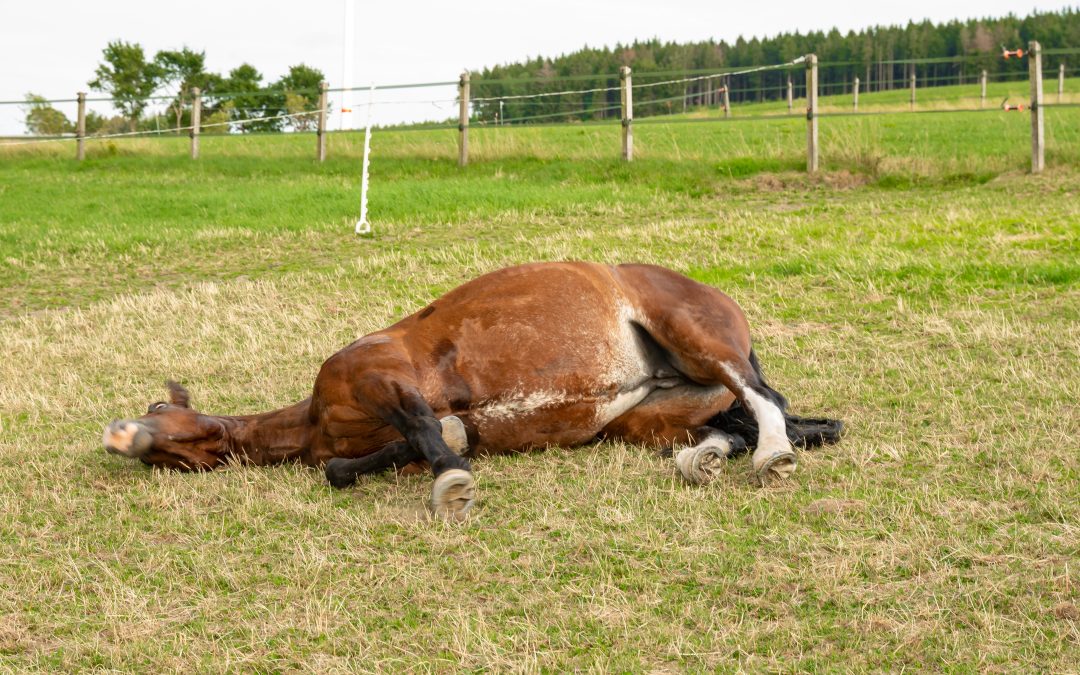We have been busy with impaction colic’s over the last few weeks and with more storms and changeable weather to come, that unfortunately we will be seeing more of them.
This has been down to the awful storms we have been having and the number of “duvet days” some horses have had to protect them from the bad weather. Impaction colic is these instances is usually caused by a lack of movement. Horses that are out in the field will move far more than those who are in a stable. It is vital that the intestines move to ensure that the digsta within it moves through the gut.
It’s always a tricky decision to make about whether to keep horses and ponies in during bad weather. If you have decided to keep them in, then these handy tips will help you
Water:
- Horses need to drink water to enable the throughput of the food they eat.
- A change in routine can put off even the best of drinkers. Warm the water by putting a kettle full of boiling water into your water bucket before you leave the yard. This takes the cold chill off the water which will encourage your horses to drink more.
- Adding flavouring in the form of apple juice or cordial can also encourage them to drink more.
Movement:
- Horses need to move to enable their guts to process food through the gut. If they don’t move, the throughput of the food they eat slows down.
- This slower rate of movement means it dehydrates as it moves through the gut as this is how horses absorb water. This in turn can cause impaction colic.
Impaction colic is more subtle than spasmodic colic and can be caught early, if you know what signs to look out for.
Signs include:
- Off colour – not themselves
- A reduction in the number of droppings a horse is doing, the consistency is usually dryer than normal.
- Lip curling
- Tail swishing
- Lethargic
If you spot these signs the best thing to do is increase water intake and exercise in your horse.
- This can be done by soaking Hay (never soak haylage) and adding extra water into hard feed.
- Adding a small amount of salt to a horses feed can also help increase water intake.
- If you horse is on winter turn out and restricted field time then walking in hand or under saddle (if you have a school can aid the movement of food through their guts).
- Fewer rugs if out in the field: Feeling cooler than normal will encourage a horse to move around, to stay warm. Therefore, although it seems contrary to what we would do on a cold day, putting on fewer layers can actually encourage your horse to move more as it works to stay warm.
If you need further advice on how to work with these “duvet days”, feel free to phone us at any stage. Advice over the phone costs you nothing but it might help prevent a vet bill….

